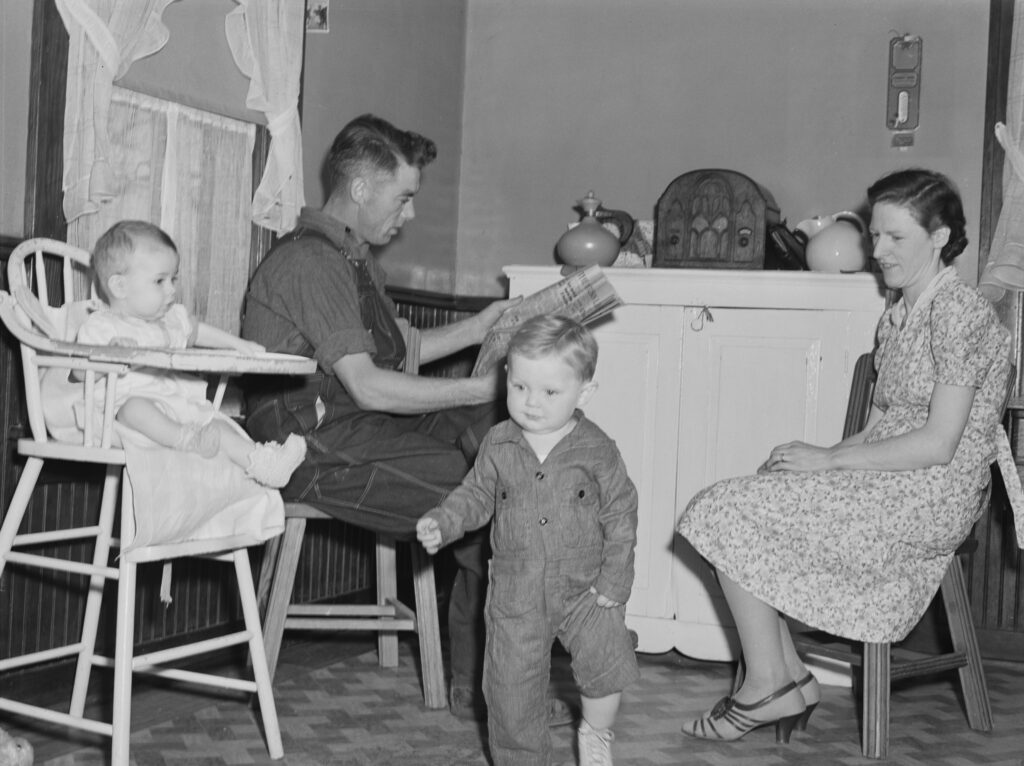As a blogger delving into the intricate dynamics of blended families, I’ve uncovered fascinating insights on the pivotal role grandparents play in these complex familial structures. In this article, I’ll explore the latest research shedding light on the multi-generational dynamics within blended families, focusing on the invaluable contributions of grandparents.
Drawing from recent studies, I’ll discuss how grandparents serve as pillars of support, offering love, wisdom, and stability to grandchildren navigating the challenges of blended family life. From fostering strong intergenerational bonds to providing a sense of continuity and tradition, grandparents wield significant influence in shaping the family ecosystem of blended households.
Join me as we delve into the evolving landscape of blended families and uncover the profound impact that grandparents have on the well-being and cohesion of these modern family units.
Overview of Grandparents in Blended Families
Exploring the role of grandparents in blended families reveals a crucial aspect of multi-generational dynamics. Grandparents play a vital part in fostering stability, providing unwavering support, and nurturing relationships within the intricate framework of blended families.
Their presence often serves as a cornerstone for the family structure, offering a sense of continuity and tradition that enriches the lives of all family members.
Importance of Multi-Generational Dynamics
As I delve deeper into the significance of multi-generational dynamics within blended families, it’s crucial to highlight the pivotal role that grandparents play in shaping the family structure and relationships.
Let’s explore how bonding and support provided by grandparents impact the family unit and influence parent-child relationships.
Bonding and Support
Grandparents serve as pillars of strength in blended families, offering unwavering support and a unique bond that transcends generations. Through their wisdom, experience, and unconditional love, grandparents create a sense of security and belonging for grandchildren navigating the complexities of blended family dynamics.
This bond fosters trust, resilience, and emotional well-being, nurturing a deep connection that enriches the lives of all family members.
Influence on Parent-Child Relationships
The presence of grandparents in blended families not only strengthens the bond between grandparents and grandchildren but also has a profound impact on parent-child relationships. Grandparents often act as mediators, confidants, and role models, bridging the gap between different generations and offering valuable insights based on their life experiences.
Their involvement fosters communication, understanding, and mutual respect within the family, contributing to the harmonious coexistence of all family members. Through their unwavering support, guidance, and role in shaping family dynamics, grandparents play a vital role in promoting cohesion, resilience, and emotional well-being within blended families.
Research Findings on Grandparent Roles
I’ll delve into recent research findings that shed light on the roles grandparents play in blended families.
Shifting Family Structures
Recent studies highlight the adaptability of grandparents in response to shifting family structures. They show that grandparents in blended families often take on diverse roles, including emotional supporters, caregivers, and mediators.
This flexibility enables them to navigate the complexities of multi-generational dynamics effectively.
Challenges and Benefits
Exploring the role of grandparents in blended families unveils a myriad of both challenges and benefits that significantly shape family dynamics. Understanding these aspects is crucial in appreciating the complexity and richness that multi-generational relationships bring to the family unit.
Let’s delve into the key challenges and benefits that grandparents encounter in the context of blended families:
Challenges:
- Adapting to New Family Structures: As grandparents navigate the intricacies of blended families, they often face the challenge of adjusting to new family dynamics, roles, and boundaries. This shift can sometimes be overwhelming as they strive to find their place within the transformed family setting.
- Navigating Co-Parenting Arrangements: In blended families, grandparents may find themselves in situations where they need to navigate co-parenting arrangements involving multiple sets of parents. Balancing different parenting styles, expectations, and decision-making processes can pose significant challenges for grandparents.
- Managing Conflicting Loyalties: Grandparents in blended families may encounter dilemmas when torn between loyalty to their own children (parents of grandchildren) and supporting their grandchildren during family conflicts. Negotiating these conflicting loyalties requires emotional resilience and tact.
- Providing Stability and Continuity: One of the key benefits of grandparents in blended families is their role in providing stability, continuity, and a sense of rootedness for grandchildren. Their presence fosters a connection to family traditions, history, and values, enriching the family tapestry.
- Offering Emotional Support: Grandparents serve as a source of unconditional love, guidance, and emotional support for grandchildren amidst the complexities of blended family dynamics. Their nurturing presence helps children feel secure, valued, and understood.
- Promoting Intergenerational Bonding: By actively engaging with grandchildren, grandparents foster strong intergenerational bonds that transcend familial challenges. These bonds promote empathy, understanding, and mutual respect among family members, enhancing overall family cohesion.
Understanding the challenges and benefits of grandparents in blended families underscores the intricate role they play in shaping family relationships, fostering resilience, and nurturing the emotional well-being of all family members. Their adaptability, wisdom, and unwavering support contribute significantly to the cohesiveness and strength of blended family structures.




